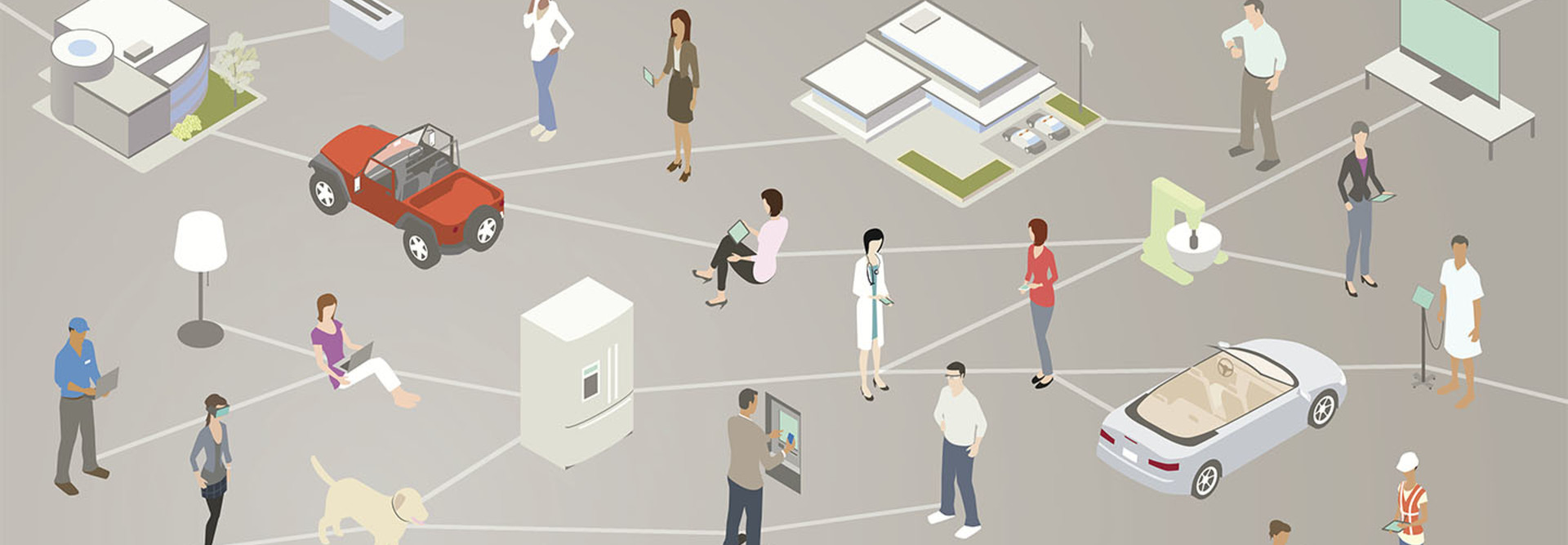Florida International University Leads the Way with Degree in IoT Management
Higher education institutions are exploring the Internet of Things in big ways. Late last year, the city of Los Angeles partnered with the University of Southern California to create an IoT sandbox that will allow both stakeholders to explore the tech’s potential.
Starting this spring, Florida International University became the first university in the nation to offer a bachelor’s degree that focuses on managing the Internet of Things. The new degree program will teach students about IoT hardware, software, communication and cybersecurity.
“We are proud to lead in this field and provide our students the opportunity to be equipped for the technology-driven jobs of the future,” said FIU provost Kenneth G. Furton when the program was announced last June. “The Internet of Things degree will allow our students to get and create great jobs, many of which don’t exist today.”
While this bachelor’s degree program is unique, other universities have created courses and even graduate programs to train for real-world IoT interactions.
IoT devices are expected to make up half of the 27.1 billion connected devices by 2021. By gaining IoT skills in college, these students will be ready to enter the workforce.
SIGN UP: Get more news from the EdTech newsletter in your inbox every two weeks!
IoT Disciplines Prepare Students for the Future
At FIU, the new degree program aims to prepare students to take on IT jobs that require knowledge of a variety of disciplines.
“When companies hire a computer science graduate, that employee focuses mainly on software aspects and programming. When they hire a computer engineer, that person can focus on the hardware aspect, but companies want to hire employees who do it all,” says Kemal Akkaya, an associate professor and the program director of the IoT degree, in the FIU article. “With this degree, these skill sets will be combined in one person so companies don’t have to do multiple hires.”
Students who pursue FIU’s IoT degree will work with aspects of hardware and software, as well as telecommunications and cybersecurity issues, the article reports.
With IoT devices vulnerable to threats from botnets and other unknown attack sources, cybersecurity is a vital component of an IT education. In a 2016 report on IEEE’s Standards University, researchers noted that colleges and universities need to step up with “traditional departmental curricula and approaches” while also recognizing that “IoT security challenges are both multidimensional and interdisciplinary.”
In addition to focusing on the cybersecurity aspects, IoT courses also offer hands-on experiences for students.
For a course at Northwestern University’s McCormick School of Engineering in Evanston, Ill., students worked on IoT projects that have potential use on campus, explains Kelly Walsh, CIO of The College of Westchester, in his blog. Projects for the course included cameras that recognized loss of student interest and sensors in trash bins to enhance garbage collection.
As college campuses continue to use IoT in general, Walsh notes that its likely courses to teach students about the devices will keep emerging.









